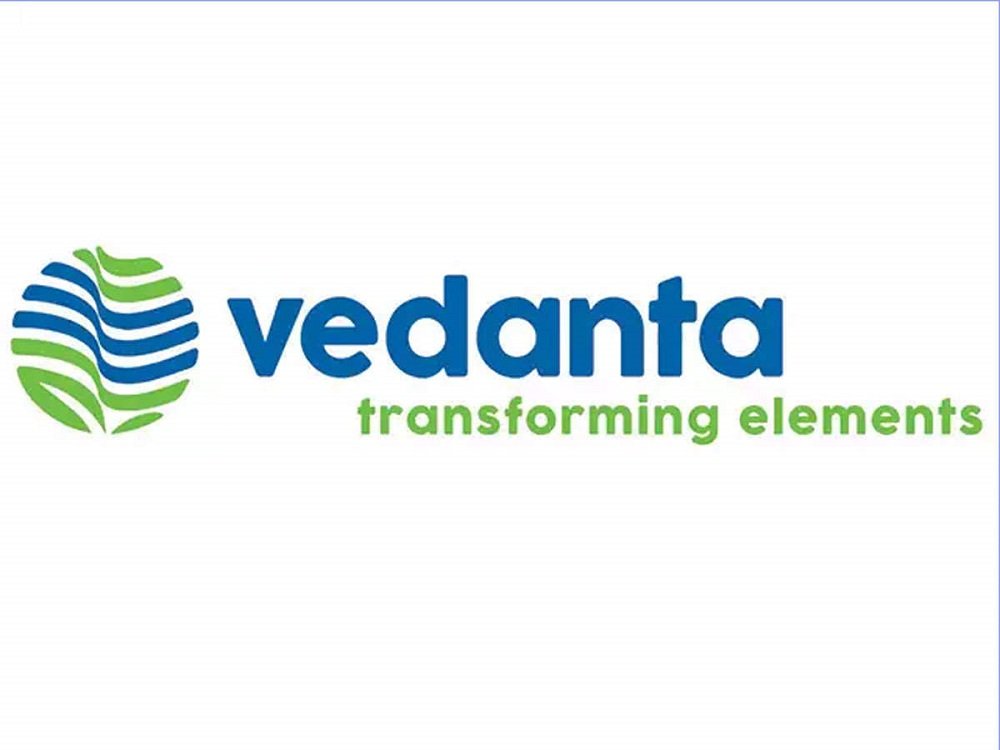Vedanta falls 6%, stock slumps to 52-week low after Moody’s rating cut

Vedanta falls 6%, stock slumps to 52-week low after Moody’s rating cut
Vedanta, the Anil-Agarwal promoted company, faced a significant setback on September 27 when Moody’s Investor Service downgraded its corporate family rating from Caa1 to Caa2. This rating downgrade had an immediate impact on Vedanta’s stock price, causing it to plummet by 6 percent to reach a 52-week low of Rs 210 per share.
The company had already faced challenges in the preceding months, with its stock sliding by 24 percent over the past three months, a stark contrast to the benchmark Sensex, which had risen by 5 percent during the same period. Just a few days before this rating downgrade, Vedanta’s shares had touched a 52-week low of Rs 222 per share on September 22.
Furthermore, Moody’s also downgraded the rating on senior unsecured bonds to Caa3 from Caa2. These bonds were issued by Vedanta Resources Limited (VRL) and by VRL’s wholly-owned subsidiary, Vedanta Resources Finance 11 Plc, with guarantees provided by VRL. The maintenance of a ‘negative’ outlook indicates Moody’s concern about Vedanta’s financial health and its ability to meet its debt obligations.
The downgrade by Moody’s suggests that there are heightened risks associated with Vedanta’s financial stability and creditworthiness. It’s likely that the market reacted negatively to this news, leading to the sharp decline in the company’s stock price. Investors are likely monitoring Vedanta closely to assess how the company responds to these challenges and whether it can implement strategies to improve its financial position in the future.
Moody’s downgrade of Vedanta’s corporate family rating to Caa2 is primarily attributed to the heightened risk of debt restructuring that the company faces in the coming months. Moody’s expressed concerns about Vedanta Resources Limited (VRL) not making substantial progress in refinancing its impending debt maturities. Particularly, the rating agency highlighted the $1 billion bonds that are set to mature in January 2024 and August 2024.
A Caa rating, according to Moody’s scale, indicates obligations that are deemed speculative and of poor standing, signifying a very high level of credit risk. The numerical modifier ‘2’ in Caa2 places it within the lower end of the Caa rating category. In this context, the downgrade to Caa2 implies that Vedanta’s financial health and creditworthiness are currently at a precarious stage. It suggests a significant level of concern about the company’s ability to manage its debt obligations and financial challenges effectively.

The fact that Moody’s has maintained a ‘negative’ outlook further underscores the uncertainty surrounding Vedanta’s financial future. It’s essential for the company to address these debt-related issues promptly and develop a clear plan for refinancing and debt management to regain investor confidence and improve its credit profile.
Vedanta’s decision to raise Rs 2,500 crore through non-convertible debentures (NCDs) on a private placement basis, which was approved by its board of directors on September 21, appears to be a strategic move to address its ongoing financial challenges. The company stated that this fund-raising effort is part of its routine refinancing activities, conducted as a regular course of business. By raising funds through NCDs, Vedanta may be seeking to bolster its liquidity and improve its ability to meet its debt obligations, particularly in light of the upcoming maturing bonds in 2024.
However, it’s worth noting that earlier in the year, both Crisil and India Ratings had revised their outlook on Vedanta to negative. These credit rating agencies expressed concerns about the company’s financial leverage and its ability to refinance debt at potentially higher costs. This negative outlook indicates that there are uncertainties and risks associated with Vedanta’s financial position, and the company may face challenges in obtaining financing on favorable terms.
The recent decision to raise funds through NCDs is likely a response to the challenges highlighted by these rating agencies. By proactively addressing its financing needs, Vedanta may aim to mitigate some of the risks associated with its credit profile. However, it remains to be seen how successful this fundraising effort will be and how it impacts the company’s overall financial health and creditworthiness in the eyes of rating agencies and investors.




